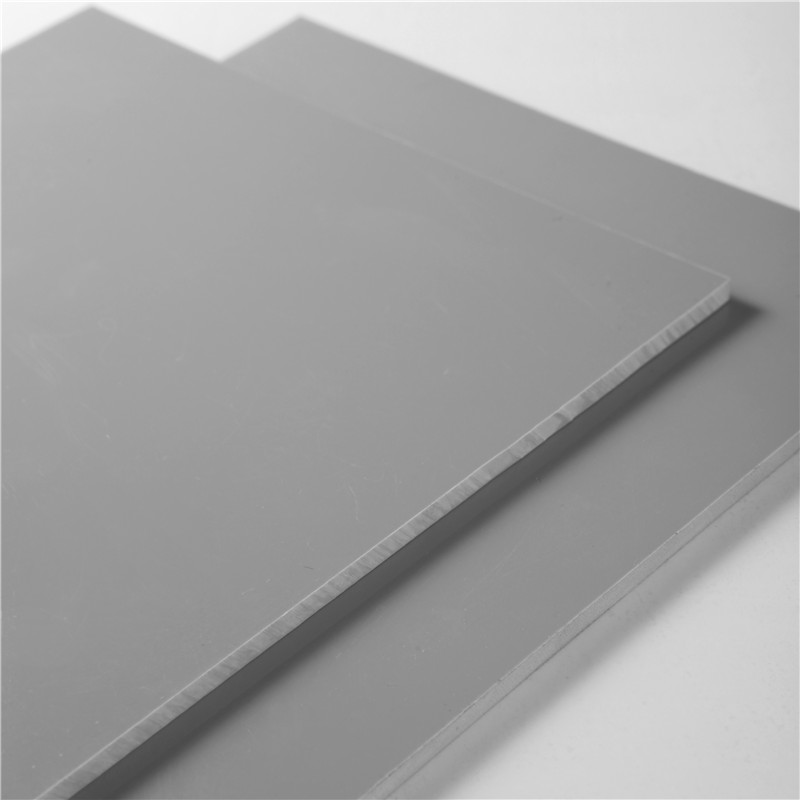Jul . 30, 2024 06:31 Back to list
Exploring Advantages and Applications of Perforated PVC Pipes in Modern Drainage Systems
The Versatility and Applications of Perforated PVC Pipe
Perforated PVC pipe is a well-regarded material in various industries due to its unique properties and numerous benefits. Made from polyvinyl chloride, a type of plastic known for its durability and corrosion resistance, perforated PVC pipe features evenly spaced holes or perforations along its length. This design allows for effective drainage and aeration, making it an ideal choice for a wide range of applications.
One of the primary uses of perforated PVC pipe is in drainage systems. Its perforations enable water to flow into and out of the pipe, promoting efficient drainage of surface water and preventing flooding in residential and commercial areas. This feature is particularly important in landscaping, where controlling water flow is crucial for maintaining healthy plant life. Installing perforated PVC pipes in trenches or French drains helps direct excess water away from the root zones of plants, ensuring they receive adequate moisture without being waterlogged.
The Versatility and Applications of Perforated PVC Pipe
Another significant application of perforated PVC pipe is in septic systems. They are often used in leach fields to allow effluent to seep through the pipe into the surrounding soil. The perforations enable the wastewater to be distributed evenly, promoting rapid absorption and helping to prevent clogging. This aspect is critical for maintaining the functionality of septic systems, particularly in areas where traditional sewer systems are not available.
perforated pvc pipe

Perforated PVC pipes are also utilized in civil engineering projects, particularly for drainage in road construction. Subsurface drainage systems composed of perforated pipe help manage water runoff during rainy seasons, reducing the risk of road damage and increasing the lifespan of the paved surfaces. They are often installed alongside roads, parking lots, and highways to channel excess water away from the surface and into designated drainage areas.
Aside from its practical applications, perforated PVC pipe offers benefits that make it attractive for many users. The material is lightweight and easy to handle, which simplifies installation and reduces labor costs. Additionally, it is resistant to chemicals, ensuring longevity even in harsh environmental conditions. The smooth interior surfaces of PVC help to reduce friction, promoting greater water flow and decreasing the likelihood of blockages.
When considering the environmental impact, perforated PVC pipes are also a responsible choice. They are recyclable and can be repurposed at the end of their life cycle, contributing to sustainability efforts. As industries continue to prioritize environmentally friendly practices, using recyclable materials like perforated PVC can help address environmental concerns while fostering functional and efficient designs.
In conclusion, perforated PVC pipe is an incredibly versatile material with numerous applications in drainage systems, agriculture, septic systems, and civil engineering. Its durability, ease of installation, and effective water management capabilities make it a preferred choice for many professionals. As demand for efficient and sustainable solutions continues to grow, perforated PVC pipes are likely to remain an essential component in various industries for years to come.
-
High-Quality PPR Pipes and Fittings Durable ERA PPR & PVC PPR Solutions
NewsJul.08,2025
-
Black HDPE Cutting Board - Durable, Non-Porous & Food Safe HDPE Plastic Cutting Board
NewsJul.08,2025
-
High-Quality CPVC Panel Durable HDPE & PVC Panels Supplier
NewsJul.08,2025
-
Double PE Welding Rod Supplier - High Strength, Durable & Versatile Welding Solutions
NewsJul.07,2025
-
High-Quality PVC-O Pipe Supplier Durable 75mm PVC Pipe & Connections Leading PVC Pipe Company
NewsJul.07,2025
-
HDPE Drainage Pipe Supplier – Durable & Corrosion-Resistant Solutions
NewsJul.06,2025

